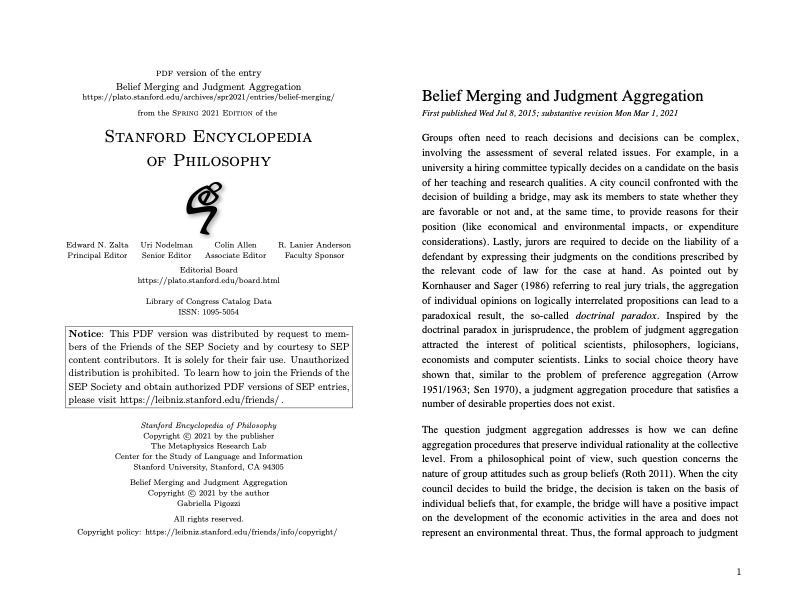If you like reading about philosophy, here’s a free, weekly newsletter with articles just like this one: Send it to me!
A very clear, instructive and carefully argued book that shows off applied philosophy at its best.

Is it morally right for liberal states to ban the wearing of Islamic dress that covers the face of the (female) wearer? And if so, for which precise reasons would such a ban be defensible?
The question is surely one that most of us have discussed with others at some point. When France banned the wearing of the burqa on French territory in 2010, a heated debate followed. Obviously, Muslims would be opposed to the ban – but even non-Muslims often rejected the measure and many of its possible justifications.
Things are not as easy as they may seem. The wearing of the burqa (and its ban) touch on a number of pretty complicated philosophical problems.
For one, of course, there is the issue of gender equality and the freedom of Muslim women to wear whatever they like. Strangely perhaps for the Western observer, it turned out that many Muslim women reported that they would actually voluntarily choose to wear a burqa. But if this is the case, then how can a state committed to individual freedom justify taking just this freedom away from Muslim women?
One could try to argue that the Muslim women who would like to go on wearing the burqa might not have been entirely free in their choice. Perhaps they only accept the dress under the pressure of their culture, their religion, or other family members. And such pressure might even work subconsciously – the women affected might not even realise that they are not freely choosing and that they are instead the victims of a subtle ploy to restrict their freedoms, a ploy that included their early childhood education and the values that society and religion passed on to them.
But then, one might ask, is it the job of the state to solve such issues with a blanket ban on the wearing of this type of dress? Should the state assume the paternalistic stance of forcing women to expose their faces, even if they don’t want to, in the name of some “higher order” freedom? And if I want to cover my face for any reason, shouldn’t this be something that concerns only me?

Thinking through these problems leads to complex questions that require weighing superficial freedom of choice against perhaps a “deeper” freedom of choosing one’s values. Or weighing the preferences …
Read the full article which is published on Daily Philosophy (external link)







